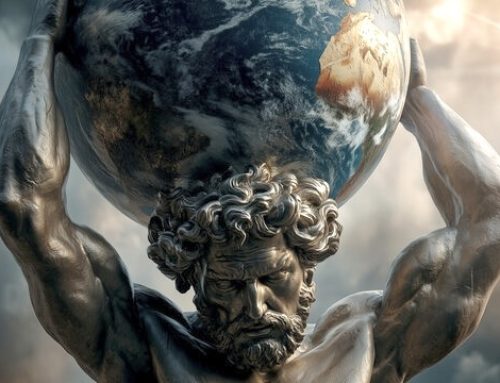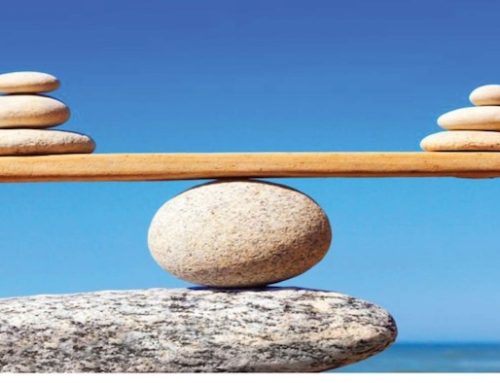In the midst of cries of socialism and death panels on one side, and predictions of national bankruptcy and moral appeals on the other, lies a tug-of-war of historic proportions to settle a larger issue: who are Americans? American identity has always been a contested issue. Lest we forget there were both ‘Federalists’ and ‘Anti-federalists.’ Occasionally, a seminal issue bubbles to the surface that re-fashions identity. Sometimes they are moral issues like slavery, at other times they are political issues like imperialism (circa 1900), and other times economic—New Deal or no deal? The current debate on healthcare is such an issue—not just because of its underlying moral nature—because it defines our future economic stability.
Ironically, when we ignore the town hall loudmouths and fears of collapse-by-taxes we find a challenge in healthcare that is imminently fixable. It is, quite simply, a big distribution problem: who gets what, when and how and, who pays? The good news is there is plenty of money in the system. We know this because we see other countries accomplish more than we do with much less money. We know that what they do is scaleable too—size is not an issue. As actuaries know, size should actually allow us to do better for less. We also know that we have plenty of non-financial resources: hospitals, doctors, technicians, equipment and drugs. And, even though they may be unevenly distributed, remember: there is plenty of money in the system—we can fix that too.
The fact is many of us have too much healthcare—are over-served—while others have none. Many of us have ready access to medical care, albeit with many unnecessary tests and treatments. Others have none and/or are forced into overcrowded emergency rooms, which makes the system even less efficient. Those of us who are over sixty-five, employed by a medium to large company, can afford it on our own anyway, or are a child who qualifies for S-CHIP are covered. Some forty to fifty million others (depending who you believe) have none.
So, all we need to do is hire a bunch of those IBM-ers to sort out a new distribution system, right? But, that’s not really what we are fighting about. If we fail it will be over a larger question: who are Americans? We must decide if we are a nation that believes our government should design basic support systems that address the bottom rung of Maslow’s Hierarchy of Needs, or are we a nation that believes exclusively in self-determination and private enterprise? Is healthcare a utility like power, water, and security; or, is it an industry free to serve its customers for as much money as the market will bear? Most of the world sees Americans as selfish and powerful. Are they right? Or, are we a misunderstood nation of rugged individualists? The reality is messy, as realities are. We are neither. We are somewhere in-between.
Unfortunately, staying the course assures disaster. One thing we cannot continue to afford is the financial reality. We have thirteen trillion dollars in current debt and fifty-three trillion in unfunded liabilities (principally from healthcare and social security). We know we can’t meet those obligations, especially as the states that have been buying our debt are already pursuing other investment strategies away from the dollar (like China). We may not agree to smooth out our distribution system with a team of IBM-ers, but we must deal with at least this: we must get more for our healthcare dollar by restructuring the ‘over-served’ problem. The patient must have a stake so discipline is introduced into the system. Patients must question tests and procedures and maybe even embrace the concept of diet and exercise. Those of us who have healthcare must step back from our sense of entitlement and realize that we do not need all those tests and that maybe there is something fundamentally wrong with all those ‘ask your doctor about _____’ advertisements.
We may not decide to serve those who have none, although I hope we are better than that. (I think the IBM-ers can prove all can be served for less.) But, at the minimum, we must decide we cannot continue to serve ourselves the way we have. If we don’t, our identity may be defined for us—as a one-time superpower that met its demise at its own hand; still selfish, but not so powerful.





